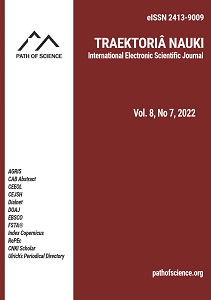A Phenomenological Study on the Feelings, Challenges and Difficulties Experienced by Information Technology Students in Learning Computer Programming
A Phenomenological Study on the Feelings, Challenges and Difficulties Experienced by Information Technology Students in Learning Computer Programming
Author(s): Cris Norman OlipasSubject(s): Higher Education , Health and medicine and law, ICT Information and Communications Technologies, Distance learning / e-learning
Published by: Altezoro, s. r. o. & Dialog
Keywords: challenges and difficulties; computer programming; lived experiences; phenomenological; qualitative;
Summary/Abstract: This study aims to identify the experiences of information technology (IT) students in learning computer programming. Specifically, the feelings towards learning programming and the challenges and difficulties encountered by IT students were determined. The researcher used a phenomenological approach to determine the commonality of lived experiences among the students. The study was conducted during the second semester of Academic Year 2020–2021. The participants were first-year students enrolled in a computer programming I course. Open-ended questions were employed to gather responses. Since the data gathering happened during the coronavirus 2019 pandemic, the researcher used Google Form to collect responses. Participants were informed that the responses gathered were treated with the utmost confidentiality, security, and anonymity, following ethical research guidelines. Results revealed that participants have both positive and negative views about learning programming. As to the feelings towards learning computer programming, analysis shows that positive emotions include excitement and good happy feelings towards writing programs and finding them fun, challenging, and engaging. Negative feelings include being nervous, anxious, confused, and having difficulty learning how to write programs because it is hard. The challenges and problems encountered by IT students include difficulties relating to the program's syntax, errors and debugging processes; lesson-related; algorithm, analysis, resources, teaching, time-management, and personal factors. The researcher suggests recommendations that would improve the quality of teaching computer programming and offer new possible topics for future studies.
Journal: Traektoriâ Nauki
- Issue Year: 8/2022
- Issue No: 07
- Page Range: 2001-2006
- Page Count: 6
- Language: English

